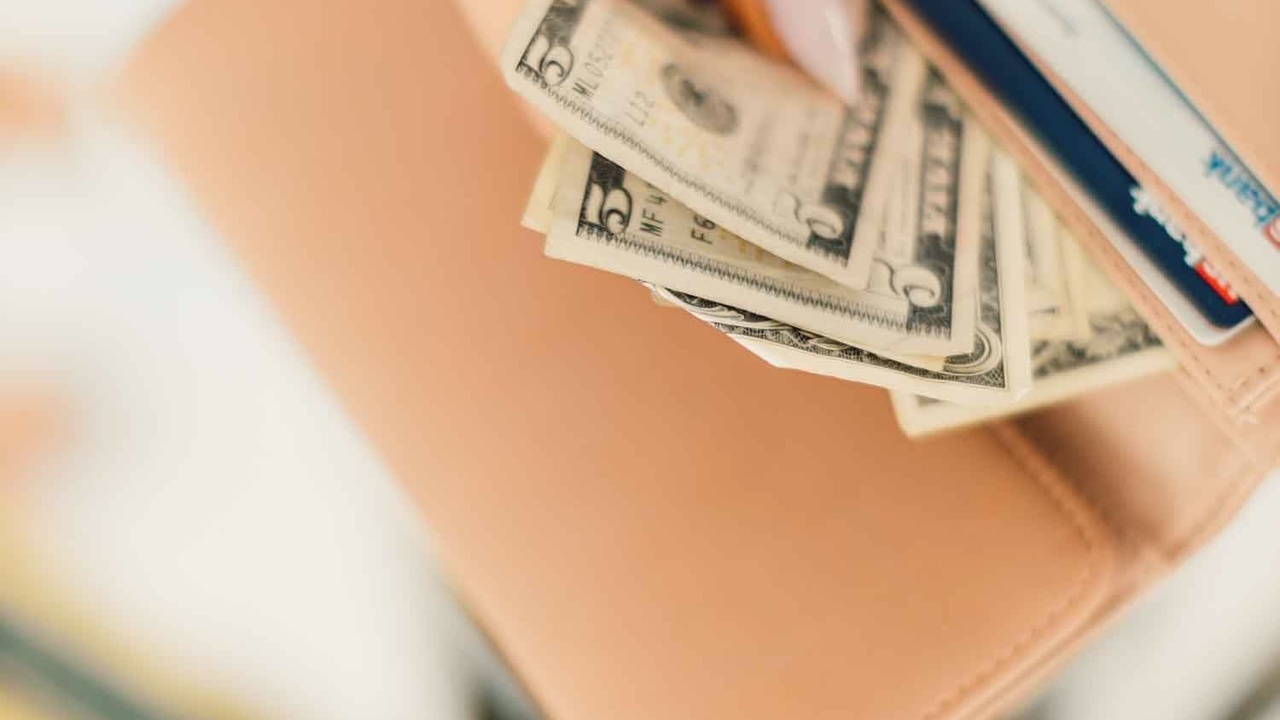Should I Be Paying Off My Student Loans Right Now?
Jul 01, 2020
Due to the Covid19 pandemic, the Federal student loan rate has been changed to 0% until September 30, 2020. So, is now the best time to pay off your student loans? While this may be a great opportunity to pay toward your loans, it’s not necessarily the thing you should be focusing your money on right now.
There is a common misconception that with the current rate of 0%, the loans are interest free — wrong. If your loan had already begun accruing interest before this temporary rate was put in place, you will still have to pay that interest. So, though you don’t have more interest currently accruing , you still have to pay the interest that already accrued. Then in October, the interest will start accruing again.
How do you figure out if you should be paying off your student loans now? Follow these 3 steps:
- Are you getting by right now? Are you paying your bills, doing the basics? Priority #1 is making sure that you are okay right now. If you’ve lost your job and not sure how you’re going to pay for groceries, this isn’t the right time to pay toward student loans. Focus your energy on finding ways to turn your time into money from home. (If you have internet, you could do transcribing, testing websites, give feedback on play-lists, take surveys, and the list goes on.) Once you have your basic expenses covered, then you can move on to #2.
- Do you have an emergency fund? If not, this is priority number 1 for you. You need to start by putting money in savings to cover 1-3 months of expenses. Whether you go with the 1 month or 3 months depends on your risk. If you have a low number of expenses, then you can start with 1 month of coverage because you are low risk. But if you are in a situation where you have higher bills and/or have someone dependent on you (child, pet, etc.), then you are higher risk and want to build 3 months of coverage in your fund. Write out your expenses — then take that amount and multiply it by 1, 2, or 3 depending on your level of risk. If you need $1,000 a month to cover all your expenses and you are high risk, then you need to build a $3,000 emergency fund. Once you’ve built this savings, be sure not to touch it. Think of this as a challenge, and if you need more ways to save this money do my FREE “How to Save $1,000 in 3 days” challenge (http://deeperthanmoney.com/$1000-challenge). This is your top priority because it will be there to protect you. Once you have an emergency fund in place, you’re ready for #3.
- Do you have high-priority debt? For example, do you have an interest rate for a credit card that is higher than what you pay for your student loan rate? If so, you need to take care of that first. Make a list of your debt and what the interest rate is for each thing – then you can see what the highest priority is. Side note: If you have high interest on your credit card, negotiate it down! You can use my template on “How to Negotiate Credit Card Interest Rate” https://deeperthanmoney.mykajabi.com/offers/mzSz97rVhttps://deeperthanmoney.mykajabi.com/offers/mzSz97rV/checkout. This will tell you exactly what to say, who to talk to, etc. Go negotiate your interest rate right now! Once you know what your highest interest is, that’s where you need to focus your attention on getting that balance paid down.
Once you pass these 3, then you are ready to tackle your student loans. Start with the loan with the highest interest rate. If they are all similar rates, then start with the one with the smallest balance – tackle that one and then move on to the next one. Get serious about paying down your debt. This is a great time to lean in and thrive.
